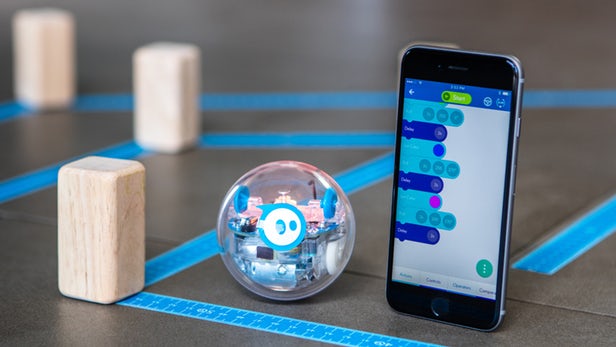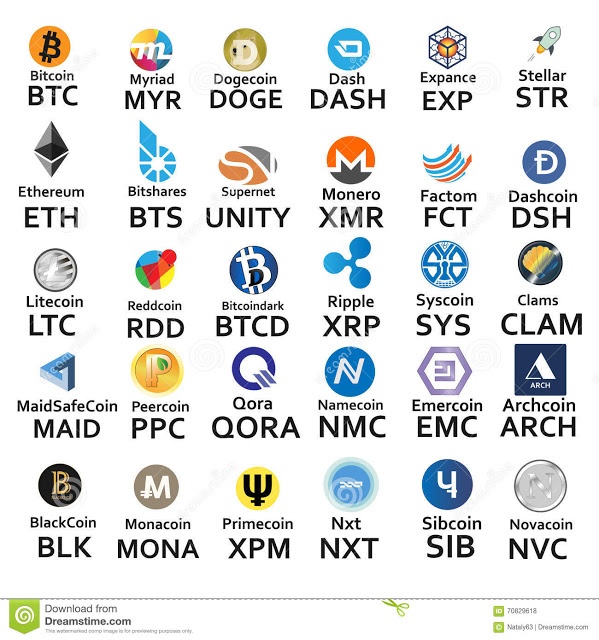The ‘Internet of Things’ (IoT) as the name suggests is basically connecting as many devices online for them to communicate with each other.
If you think that is a far-fetched concept it is nothing new. We have been using it since the advent of GSM, Infrared, GPS, GPRS, Bluetooth, Wi-Fi, and other wireless connections.
To put the concept into further context, your Smartphone/watch, Bluetooth headset, wireless printer, or smart fridge are all components of the ‘Internet of Things’. They all require a sensor or chip to connect or collaborate with each other.
Origins
The term was supposedly coined about a decade ago. This when a company executive discussed an idea which sounded bizarrely unnecessary and over-futuristic at the time.
He advocated for the need for a chip for every electronic device. The initially requirement was for supply chain and automation in the retail industry.
Fast forward to today, and this has indeed come to fruition. We now have smart cars, smart homes and even tracking chips inserted into pets!
So, each component or part of the object is equipped with an individual chip (small processor) with a unique IP address.
The very same IP address used to identify your home modem or Office server.
IoT application
Why would you want that you might ask? Wouldn’t it be useful for devices and machines to work things out by themselves – to solve complex problems before you even become aware of them?
This is in fact how the devices communicate with the central server to relate pertinent information. An example is the use of fuzzy logic: to regulate the temperature in the fridge (to avoid food getting moldy).
It can be used, in addition, to check the amount of water used in a washing cycle in your washing machine.
Another practical use would be to check car tyres pressure and temperature (to avoid overheating and bursting).
Can you then imagine the number of chips that are required for the typical household? For the car, security alarm, fridge, microwave, tumble dryer, TVs, Radios, computers/tablets, lighting, and heating/cooling system? Each would require a unique IP address
IP address shortage
Talks about IoT highlighted the need for more IP addresses and a need to track or generate them. This as it is evident we are running out of ‘normal’ IP addresses known as IP4: 4 denotes the number of billion IP addresses available.
At the birth of the Internet age in the 1980s, no one ever envisioned a time when the world would need more than four million IP addresses. But with the need as mentioned above for the internet of things – that has come to pass.
Without getting too technical, the issue is being resolved with the development of a newer IP system known as the IP6.
The main difference between the two but it is merely that one is on 32-bit system while the newer on 128-bit and that influences merely the length of the addresses.
Again, the technicalities would only matter to the now growing IoT industry and would not affect us as individuals.
Practical uses of IOT
Large companies that need to manufacture a lot of parts for their devices would need to insert an IP address on each piece. From items as trivial as the car side-mirror; to more serious parts like the helmet of a sportsperson engaging in the heavy contact sport.

From an education perspective, the IoT can make learning a lot more fun for kids and young adults. Toy-maker Sphero, for example, has been long making wireless operated toys like its SPRK+(pictured).
The idea is to fuse physical (programmable) robotic toys with digital apps.
This would simultaneously provide entertainment experiences while inspiring tomorrow’s leaders in maths, engineering, and science.
There are discussions to extend this connectedness to human beings. Much like was prophesied in many sci-fi books and George Orwell’s 1984. If there was a ‘rise of the machines’, and Artificial Intelligence was to take over the control of all our devices, we would not stand a chance!
There are also a few new decentralized systems that are even advocating for a fragmented Internet for that very reason (security and privacy). This would enable you to control your little space within the “interconnected” web.
You can thus run a (private) local area network (LAN) within the Internet domain – if that makes any sense.
Blockchain advocates and companies like IOTA and Chinese-based Crypto-firm Tron are pushing the IoT narrative hard. They also want the decentralization of the whole Internet.
It is only a matter of time before this becomes the norm. Companies are now queuing to get the IP6s and have incorporated adding them to the manufacturing processes.
Once the security and privacy issues have been adequately planned and implemented. The pros of the full adoption of IoT will outweigh the cons.




